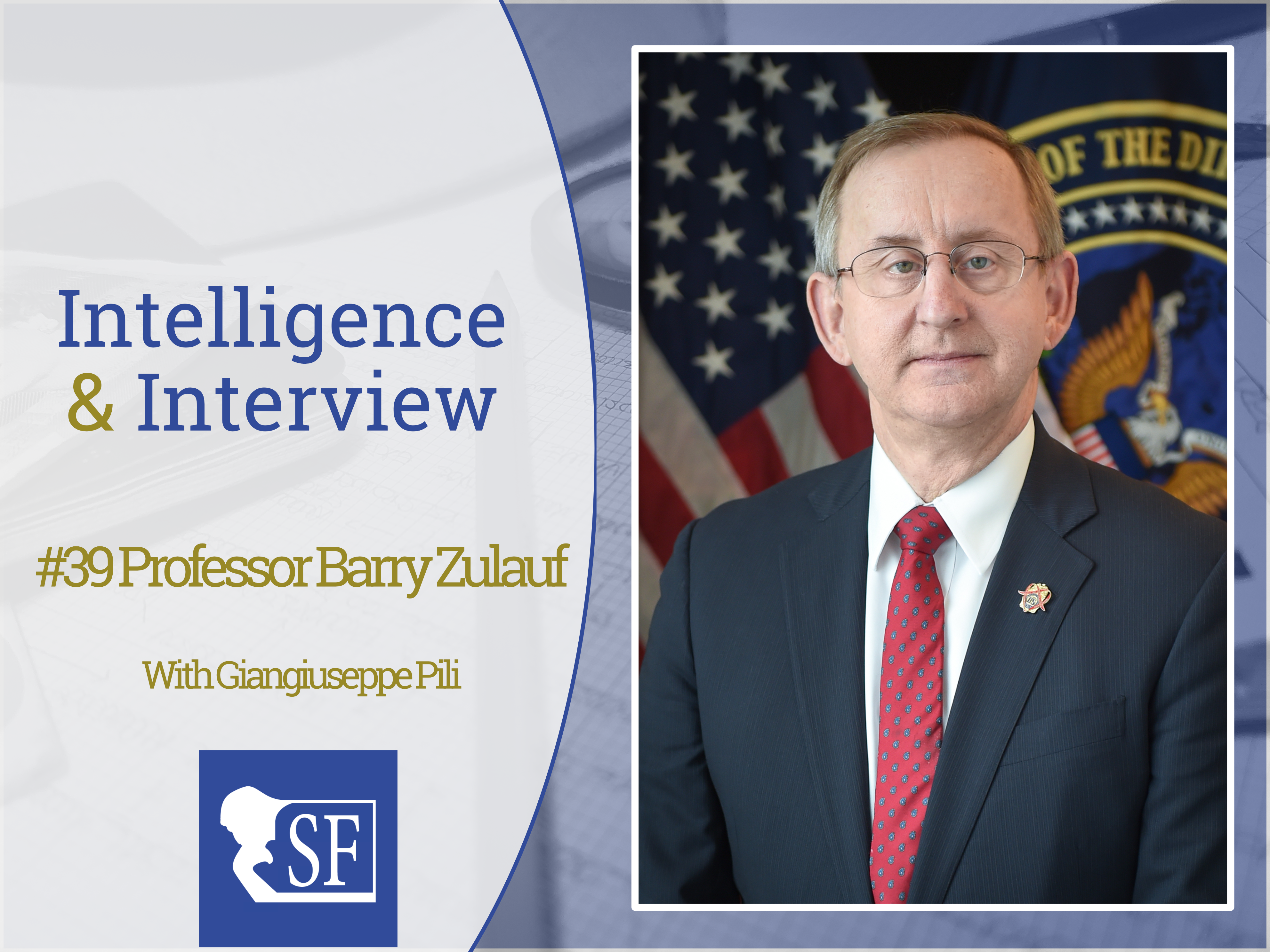
Discover Intelligence & Interview and Subscribe to the Newsletter!
It is with special pleasure to host Dr. Alexander Moseley in Intelligence & Interview to cover a topic which interested me for a long time now: Philosophy of war. Yes, exactly. Many of you are familiar with Just War Theory and the moral and political philosophy discussed by JWT philosophers. JWT is so influential that actually is probably the only philosophical area to be spilled over even beyond its first intentional research, as now there is also what is called “Just Intelligence Theory”. However, many arguments can be made for a philosophy of war that is not related to morals or even political philosophy. This is what I’ve called “pure philosophy of war.” Since I started exploring the topic almost ten years ago, I come up with Alexander Moseley’s book A Philosophy of War (2001), which I immediately found inspiring for the different angle he tackled the problem. After having read his book, I wrote an article freely available in this blog for the Italian readership (Alexander Moseley – A philosophy of war (una filosofia della guerra) Then, I got in touch with Alexander, and I invited him to write a piece for a collective book I was editing on the philosophy of war and piece (Socrate va in guerra: Socrate goes to war), where Dr Moseley covered the crucial topic of the causes of war. It is then with my distinct pleasure to publish the interview on Scuola Filosofica – for those who don’t know it yet; it is one of the leading cultural blogs in Italy. In the name of Scuola Filosofica Team, our readers, and myself, Giangiuseppe Pili, Alex: thank you!
1# Dr. Alexander Moseley, let’s start from the basics. How would you like to present yourself to the International readers and Philosophical School (Scuola Filosofica)?
A good question! Although I have worked in the university sector, most of my research and writings after my doctorate were done while running a private educational company as ‘an independent academic.’ I have been commissioned to write several articles on the ethics of war and the nature of ‘the warrior’ after publishing my first book, A Philosophy of War in 2001. I continue to research broadly and in turn my thinking has evolved to some extent from those early researches (see notes below on consciousness).


